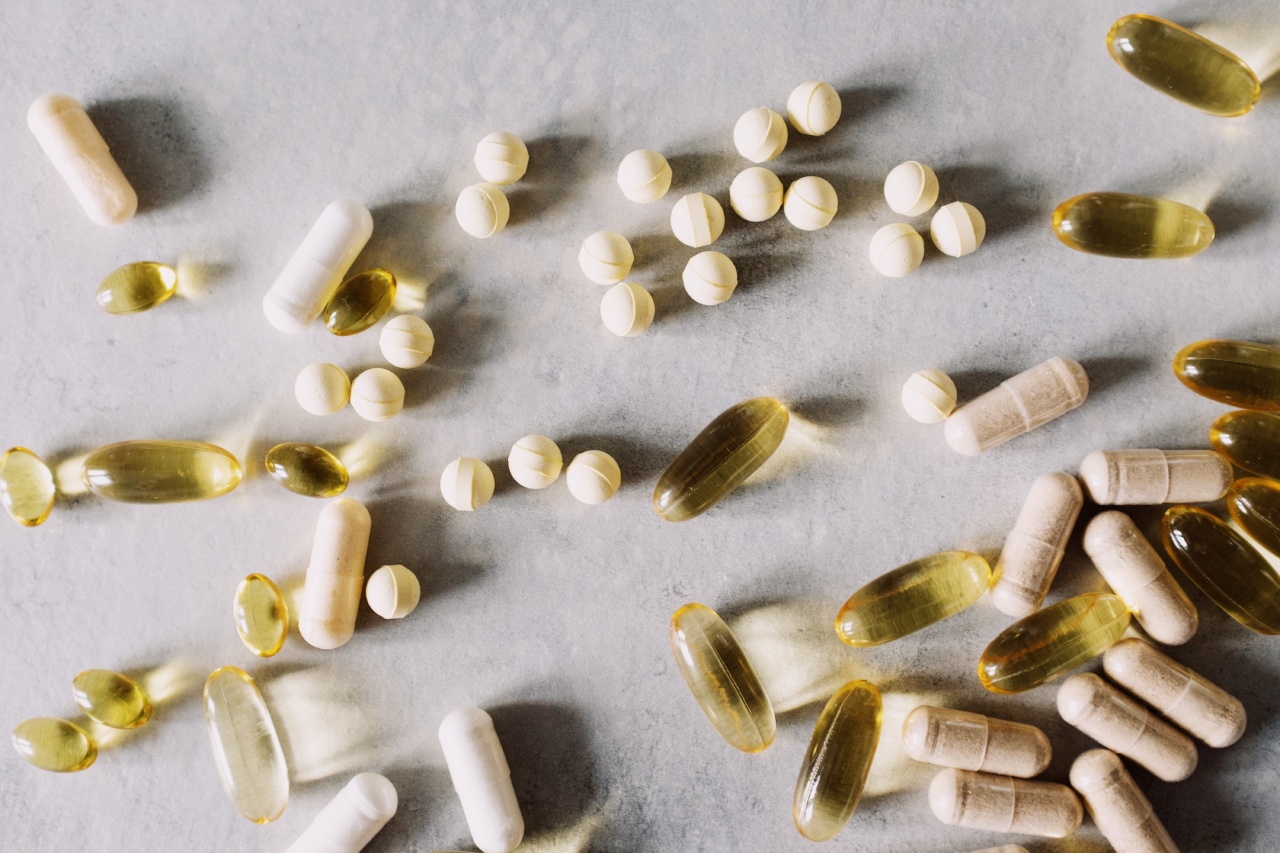Uric acid is a compound that is naturally produced by the body through the breakdown of substances called purines. Purines are found in many common foods such as meat, seafood, and alcohol.
The body typically eliminates uric acid through the kidneys, but in some cases, it may accumulate in high levels leading to a painful condition known as gout. Proper diet can play a crucial role in controlling uric acid levels and preventing gout attacks.
Understanding Uric Acid
Uric acid is a waste product that is formed when the body breaks down purines. Purines are found in many foods that we eat, particularly meat, seafood, and alcohol.
Our bodies are capable of breaking down purines and flushing the resulting uric acid out of the body through the urine. However, in some cases, the body produces too much uric acid or is not able to eliminate it efficiently, leading to high levels of uric acid in the blood.
High levels of uric acid in the blood can cause needle-like crystals to form in the joints, leading to inflammation and pain. This condition is known as gout, which is a type of arthritis.
Gout often affects the big toe, but it can also affect other joints such as the ankles, knees, elbows, wrists, and hands. Gout attacks can last for several days, and the pain, swelling, and stiffness can be debilitating.
The Role of Diet in Uric Acid Control
Although genetics and other factors play a role in determining uric acid levels, diet is a crucial factor in controlling uric acid levels and preventing gout attacks.
The following dietary recommendations can help to lower uric acid levels and prevent gout attacks:.
- Eat a low-purine diet: This means reducing your intake of high-purine foods such as organ meats (liver, kidney), red meat, seafood, and alcohol. Plant-based sources of protein such as beans and legumes are good alternatives.
- Drink plenty of fluids: Drinking enough fluids helps to flush out uric acid from the body. Water is the best option, but other fluids such as herbal tea and low-sugar fruit juice are okay too.
- Avoid sugary drinks: Sugary drinks such as soda and sports drinks have been linked to higher levels of uric acid in the blood.
- Eat more fruits and vegetables: Fruits and vegetables are rich in vitamins, minerals, and antioxidants, which can help to lower uric acid levels.
- Avoid high-fructose corn syrup: High-fructose corn syrup is found in many processed foods and has been linked to higher levels of uric acid in the blood.
Other Lifestyle Factors That Can Affect Uric Acid Levels
Aside from diet, there are other factors that can affect uric acid levels and gout risk. These include:.
- Being overweight or obese: Excess weight puts more strain on the joints, which can increase the risk of gout.
- Lack of exercise: Regular exercise can help to maintain a healthy weight and reduce the risk of gout.
- Alcohol intake: Alcohol is a high-purine beverage that can also lead to dehydration, which can increase uric acid levels.
- Smoking: Smoking has been linked to higher levels of uric acid in the blood.
Conclusion
Uric acid is a naturally occurring compound that is produced by the body as a result of the breakdown of purines in foods that we eat. High levels of uric acid can lead to the painful condition known as gout, which can be debilitating.
Diet and lifestyle changes can play a crucial role in controlling uric acid levels and preventing gout attacks. By following a low-purine diet, drinking plenty of fluids, and maintaining a healthy weight through regular exercise, you can reduce your risk of developing gout and live a healthier, pain-free life.






























